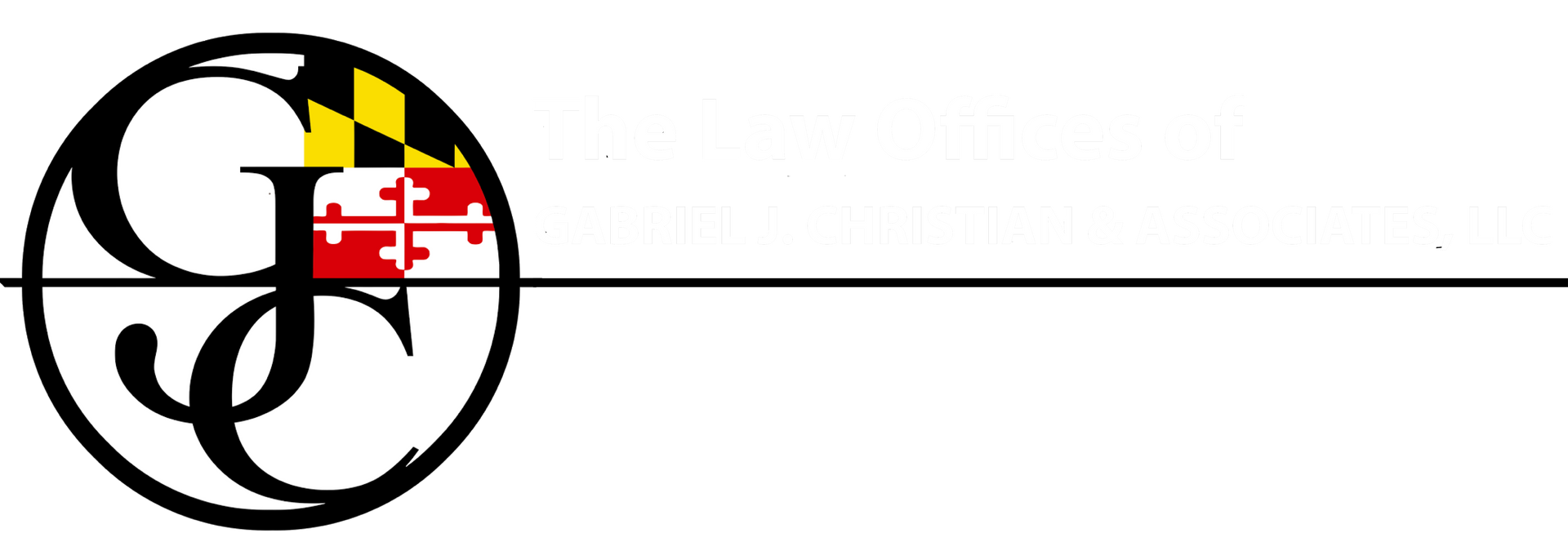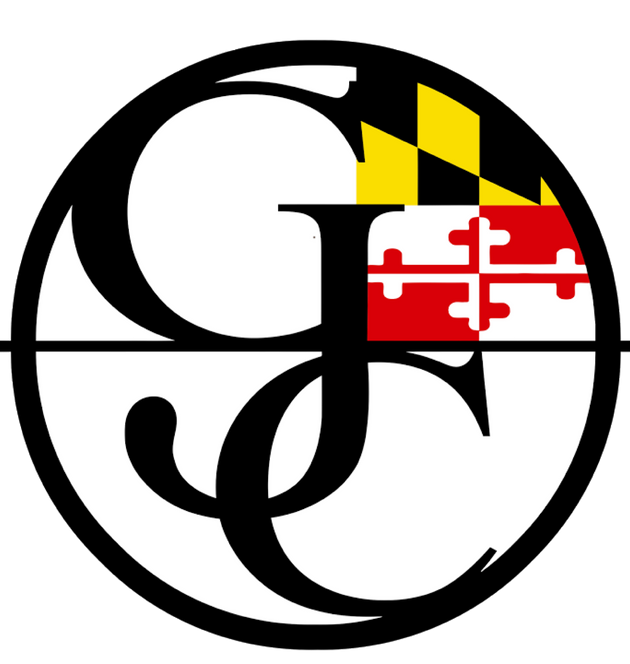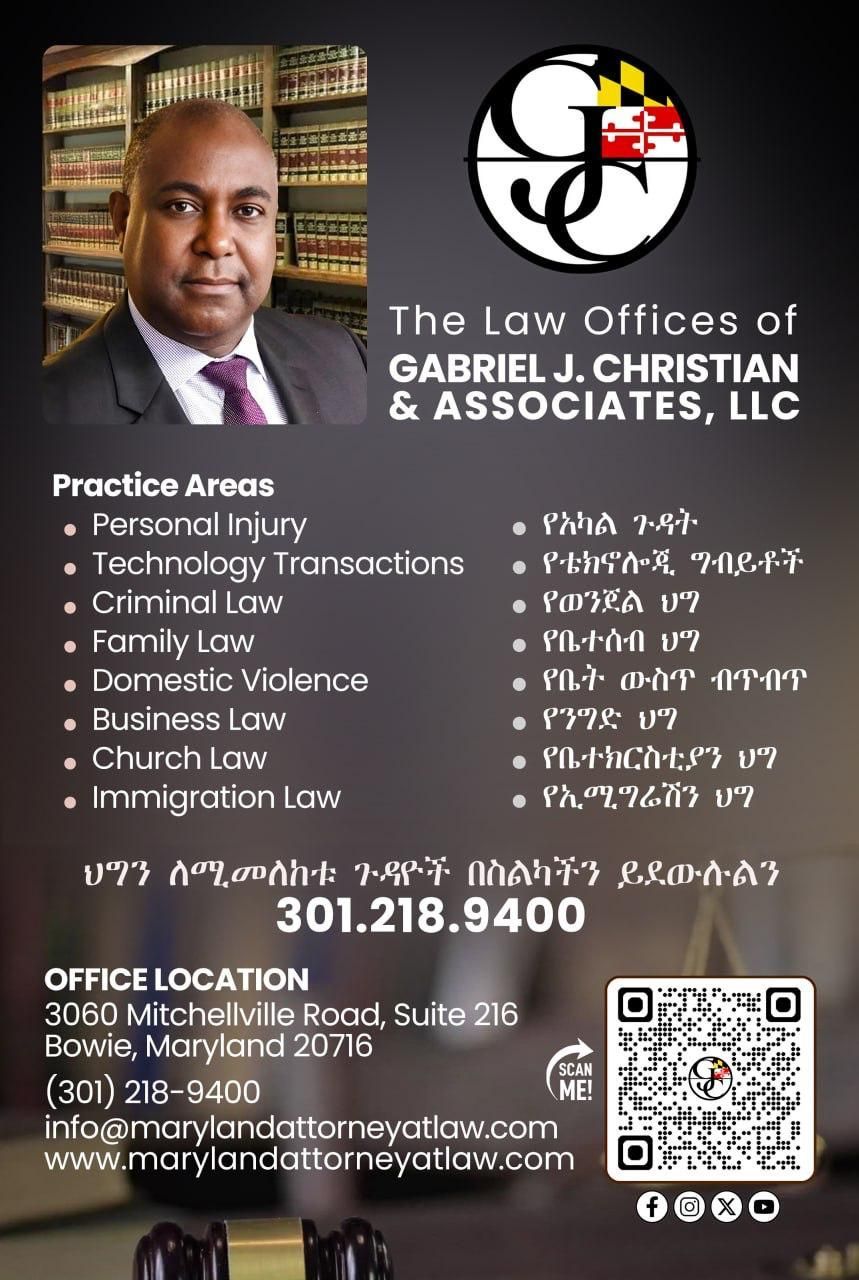What is a Power of Attorney?
A Power of Attorney is a document stating that you authorize someone else (usually a relative or friend) to make certain decisions and act on your behalf The person to whom you give these powers is called an "agent" or "attorney-in-fact." You are called the "principal." Just because the word attorney is used does not mean that the person you authorize has to be a lawyer. And executing a power of attorney does not mean that you can no longer make decisions. It just means that another person can act for you also. For example, if you are hospitalized for a brief period of time and need someone to deposit your checks in the bank or pay your bills, as long as you are capable of making decisions, the other person must follow your directions. You are simply sharing your power with someone else. You can revoke the agent's authority under the power of attorney at any time if you become dissatisfied with what they are doing.
What is a Living Will or Medical Directive?
A Living Will or Medical Directive is a type of advance directive that gives someone medical power of attorney to carry out your wishes about medical treatment at the end of your life.
A health care Directive (also known as a Living Will or Advanced Health Care Directive) is a document that enables you to legally record your wishes concerning whether 'heroic' or extended medical care measures should be taken to prolong your life should you become incapacitated and unable to speak on your own behalf. It is important to understand that this document will only take effect if you become incapacitated.
A Living Will or Medical Directive is valid only if:
- It is notarized.
- The person creating the health care directive must be of sound mind at the time the document is signed.
Accidents that result in incapacitation may occur at any time; and, without such a document in place, it is possible that your life might be artificially extended against your will. Without this, you could end up like Terri Schiavo, the Florida woman who triggered a battle between her husband and her parents after a heart attack and left her with massive brain damage. Her husband claimed she would not want to be kept alive in such a condition, but her parents disagreed.
What is a Will?
A Will is a legal document that allows you to specify as to how your property and assets should be divided and how custody of your children (if applicable) should be handled upon your death. It is a legal document containing the names of the people you want to benefit (beneficiaries), as well as details of your possessions at the date of your death. Your property or possessions will include everything you own, such as your home, land, vehicles, bank accounts, benefits of insurance policies, furniture, boat, investments such as shares, personal jewelry, artwork, and so on.
A Will is also a way to avoid the lengthy and expensive process called "probate." Probate is process that occurs when someone dies and there is no Will available to guide how property and custody distributions should be managed. During probate, a court makes a plan to distribute assets and place minor children with guardians. This process can take many months or even years, and often puts considerable financial strain on surviving family members and the estate.
A valid Will must have the following features:
- It must be in writing - handwritten, typed, or printed.
- It must be signed with your signature at the end of the document.
- It must be witnessed by at least two other people present at the time of signing. They need to acknowledge they were present and must sign the Will as witnesses in your presence. They do not have to be together at the same time of signing.
What is the 10% Rule?
The principle that you save 10 cents of every dollar earned is called the 10% rule. It has made for success in family and business life.
- If paid in cash, immediately take 10% of the total amount, put it in an envelope, and set it aside to be deposited in the bank. Putting all the cash in your wallet guarantees that you will spend it all before you can save any of it!
- If paid by check, deposit the check inside the bank to your checking account, and if you have enough already in there, have the teller transfer 10% of the check amount over to your savings. Alternatively, if you deposit it in the ATM, don't be so quick to press Exit after the check goes in. When the machine asks if you want to do another transaction, make sure you say YES and then do a transfer of 10% of the amount from your checking to your savings.
- If you are receiving money by direct deposit to your bank account, make sure you watch for when each deposit clears and immediately take 10% of the amount and put it in savings. This also helps you keep an eye on when and how much money is being deposited directly, which is sometimes hard to monitor if you are not paying close attention.
The key to saving money is to make it so you don't notice it happening. Getting into the habit of immediately putting aside 10% can really add up to some serious savings; and, after a bit, you will not even notice the "missing" money. Following that rule will ensure you have funds set aside for a rainy day.
What is a Limited Liability Company?
A
limited liability company, commonly called an "LLC," is a business structure that combines the pass-through taxation of a partnership or sole proprietorship with the limited liability of a corporation. Like owners of partnerships or sole proprietorships, LLC owners report business profits or losses on their personal income tax returns; the LLC itself is not a separate taxable entity. Like owners of a corporation, however, all LLC owners are protected from personal liability for business debts and claims-a feature known as "limited liability." This means that if the business owes money or faces a lawsuit, only the assets of the business itself are at risk. Creditors usually cannot reach the personal assets of the LLC owners, such as a house or car. (Both LLC owners and corporate shareholders can lose this protection by acting illegally, unethically, or irresponsibly.) For these reasons, many people say the LLC combines the best features of the partnership and corporate business structures.



